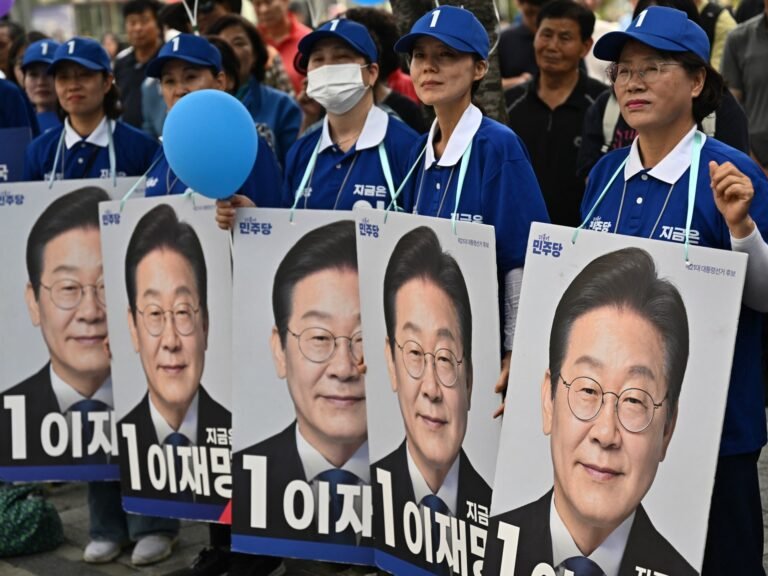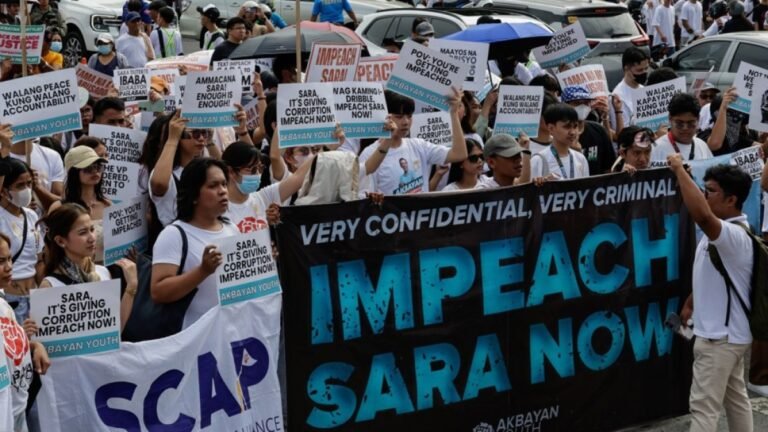China en Brazilië als Voorbeelden van ‘Zelfvoorzienendheid’ voor de Opkomende Wereld, volgens Xi
Chinese President Xi Jinping and Brazilian President Luiz Inacio Lula da Silva have emphasized unity and self-reliance in the Global South. In a recent phone call, Xi expressed China’s readiness to collaborate with Brazil, aiming to set a positive example for other nations while working towards a more equitable and sustainable world.
According to reports from Chinese state media, Xi remarked that the relationship between China and Brazil is currently at its strongest point in history. He noted that the alignment of their development strategies is progressing smoothly.
Xi also affirmed China’s support for the Brazilian people’s efforts to protect their national sovereignty and their legitimate rights. He called for a united front among countries to combat unilateralism and protectionism.
During the conversation, the leaders discussed the significance of the Group of 20 and BRICS in promoting multilateralism. They also touched on initiatives to negotiate peace between Russia and Ukraine and committed to enhancing cooperation in various sectors, including health, energy, digital economy, and satellite technology.
Lula’s office highlighted that both presidents are keen to explore new business opportunities between their economies. Additionally, Lula reiterated the critical role of China in ensuring the success of the upcoming COP30 world climate conference, which will be held in November in Belem, Brazil.
This discussion comes amid rising trade tensions initiated by US President Donald Trump, which have prompted calls for increased collaboration among emerging economies like China and Brazil. Lula recently indicated his intention to reach out to BRICS leaders to discuss a coordinated response to US tariffs.
Last month, Trump imposed a 50 percent tariff on Brazilian goods, and he signed an executive order extending a pause on a 145 percent tariff on Chinese products until November. Since 2009, China has been Brazil’s largest trading partner, with bilateral trade reaching $188.17 billion last year.







